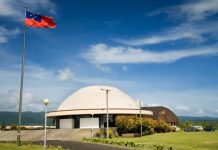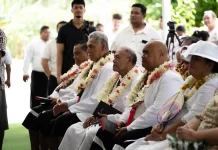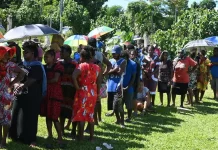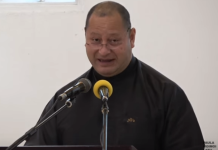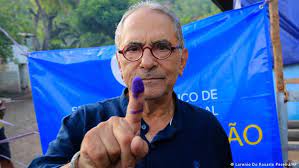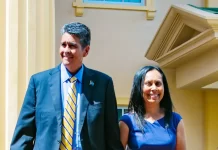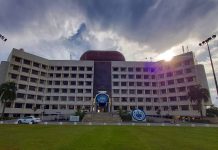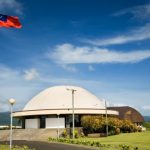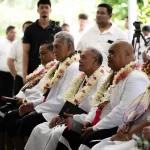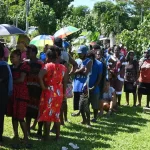The Nobel prize winner José Ramos-Horta has scored a landslide victory in Timor-Leste’s presidential election, according to preliminary results published by the election secretariat.
The 72-year-old secured 397,145 votes, or 62.09 percent, against incumbent Francisco “Lu-Olo” Guterres’ 242,440, or 37.91percent, the secretariat’s website showed on Wednesday after all ballots were counted.
“The count of the district, national and regional vote has been completed”, said Acilino Manuel Branco, general director of the election secretariat.
The election results were still needing to be validated by East Timor’s electoral commission.
The victory gives Ramos-Horta his second term in office. He served as president of south-east Asia’s youngest country from 2007 to 2012.
“The elections were competitive, and the campaign was largely peaceful,” said EU observer Domenec Ruiz Devesa on Wednesday, adding the counting process had been assessed “positively”.
Ramos-Horta will be inaugurated on 20 May, the 20th anniversary of Timor-Leste’s independence from Indonesia, which occupied the former Portuguese colony for 24 years.
He pledged to use his five-year term to break a longstanding deadlock between the two main political parties.
The election could trigger a period of uncertainty, as Ramos-Horta previously indicated he might dissolve the parliament if he won the election.
A press release from the Portuguese president, Marcelo Rebelo de Sousa, said he called Ramos-Horta on Wednesday to convey “the warmest congratulations on the election as president of the Republic of Timor-Leste”.
Nearly 860,000 people in the country of 1.3 million were eligible to vote, and more than 75 percent of voters turned up to cast their ballots in the second round.
This week’s vote was a rematch of the 2007 presidential poll that also saw Ramos-Horta win handily, with 69 percent of the vote.
Ramos-Horta said he came out of retirement to run once more because he believed the outgoing president had violated the constitution.
Ramos-Horta was dominant in the election’s 19 March first round, winning 46 percent of votes versus Guterres’ 22 percent, but failed to secure the needed majority.
“I have received this mandate from our people, from the nation in an overwhelming demonstration of our people’s commitment to democracy,” Ramos-Horta told reporters in Dili.
Addressing concerns over political instability in the country, Ramos-Horta said he would work to heal divisions in East Timor, also known as Timor Leste.
“I will do what I have always done throughout my life… I will always pursue dialogue, patiently, relentlessly, to find common ground to find solutions to the challenges this country faces,” he said.
Ramos-Horta said he had not spoken to his election rival Lu Olo, but had received an invitation from the president’s office to discuss a handover of power.
Home to 1.3 million people, the half-island and predominately Roman Catholic nation of East Timor has for years grappled with bouts of political instability and the challenge of diversifying its economy, which is largely dependent on oil and gas.
Ramos-Horta said he expected East Timor to become the 11th member of the regional bloc the Association of Southeast Asian Nations (ASEAN) “within this year or next year at the latest.”
East Timor currently holds observer status in ASEAN.
The president-elect, said he would work with the government to respond to global economic pressures, including the impact on supply chains from the war in Ukraine and COVID-19 lockdowns in China.
“Of course, we start feeling it here in Timor Leste. Oil prices went up, rice went up, that is a reality of what has happened in the world… It requires wise leadership.”
He benefited from the backing of Xanana Gusmao, the country’s first president and current leader of the National Congress of the Reconstruction of Timor-Leste (CNRT). Gusmao has often been a kingmaker in Timor-Leste.
Ramos-Horta was awarded a Nobel prize for peace in 1996 for his efforts in facilitating conflict resolution in Timor-Leste. In 2008 he survived an assassination attempt.
The new president faces the daunting task of lifting the country out of poverty. Timor-Leste is still reeling from the economic impact of the Covid-19 pandemic, and the World Bank has said that 42 percent of the population lives below the poverty line.
SOURCE: THE GUARDIAN/REUTERS/PACNEWS


